What is Deepgram?
At its core, Deepgram is a provider of advanced speech recognition solutions powered by state-of-the-art AI models, including transformers and generative AI technologies. The Deepgram API enables users to transcribe audio files into text in real-time or from pre-recorded audio, offering accurate and fast transcription across multiple languages and dialects.
Language Support and Speech Recognition
Deepgram's language models are impressively diverse, supporting a wide array of languages such as English, Spanish, Hindi, German, French, Russian, Korean, Japanese, Portuguese, Dutch, Turkish, Ukrainian, Italian, Swedish, and Indonesian, among others. This broad language support is crucial for developing global apps and solutions that cater to a wide audience.
Deepgram API’s Key Features
Real-Time and Pre-Recorded Transcription
Whether it's streaming audio or processing stored files, Deepgram delivers both real-time and pre-recorded transcription solutions. This flexibility is vital for applications ranging from real-time conversational AI to analyzing historical audio data.
Language Detection
The detect_language feature within the Deepgram API helps automatically identify the language spoken in an audio file. This is particularly useful in environments where multiple languages are spoken, ensuring that the transcription is as accurate as possible.
Diarization
Diarization is another standout feature that separates speakers in an audio file, which is especially useful in meetings or interviews where multiple people are speaking.
Speech-to-Text Models
Deepgram's speech-to-text models are not only robust but also finely tuned for natural language processing, making them ideal for a variety of applications, from customer service bots to academic research tools.
Use Cases of Deepgram in Various Apps
The versatility of Deepgram's API can be seen in its wide range of applications:
- Customer Support: Automate and enhance customer support with real-time transcription and conversational AI.
- Educational Tools: Assist in language learning or provide resources for students who benefit from written records of lectures.
- Healthcare: Transcribe doctor-patient conversations for better record-keeping and compliance.
- Media & Entertainment: Generate subtitles and closed captions for videos in multiple languages.
- Legal and Compliance: Ensure accurate records of proceedings and meetings in multiple languages.
Integrating Deepgram with Other Technologies
Integrating Deepgram's API with other tech giants like Amazon, or tools like Python, enhances its functionality. For instance, using Python scripts to automate the transcription process or incorporating speech recognition into Amazon Alexa skills can significantly boost an app's capabilities.
Testing with the API Playground
Deepgram’s API playground is a sandbox environment where developers can experiment with various features of the API, test API calls, and see the results in real time. This is an excellent way for developers to understand the capabilities of the API and how it can be customized to fit their specific needs.
Deepgram is more than just an API; it's a gateway to understanding and harnessing the power of speech in multiple languages through advanced AI. For developers and businesses looking to incorporate sophisticated speech recognition into their applications, Deepgram offers a powerful, scalable solution that keeps pace with the rapid advancements in AI technology. Whether it’s enhancing user interaction or breaking down language barriers, Deepgram is truly tuning the world to the future of speech recognition.
Try Speechify Text to Speech API
The Speechify Text to Speech API is a powerful tool designed to convert written text into spoken words, enhancing accessibility and user experience across various applications. It leverages advanced speech synthesis technology to deliver natural-sounding voices in multiple languages, making it an ideal solution for developers looking to implement audio reading features in apps, websites, and e-learning platforms.
With its easy-to-use API, Speechify enables seamless integration and customization, allowing for a wide range of applications from reading aids for the visually impaired to interactive voice response systems.
Frequently Asked Questions
Deepgram supports transcription in multiple languages, including English, Spanish, Hindi, German, French, and many others.
No, Deepgram specializes in speech recognition and transcription but does not provide translation services.
Nova-2, a language model by OpenAI, supports languages like English, Chinese, Spanish, and French, among others.
Deepgram Nova offers cutting-edge ASR technology optimized for real-time applications, while Enhanced provides higher accuracy for complex audio environments.





